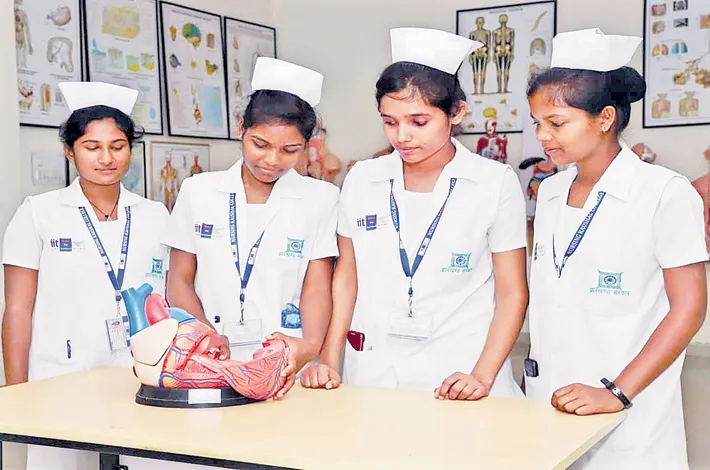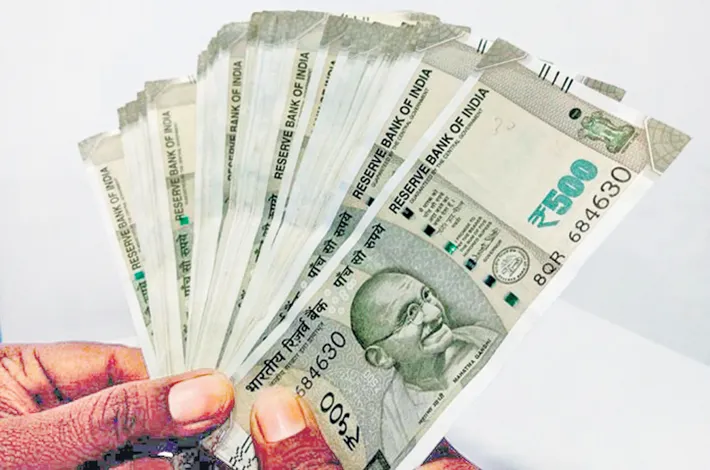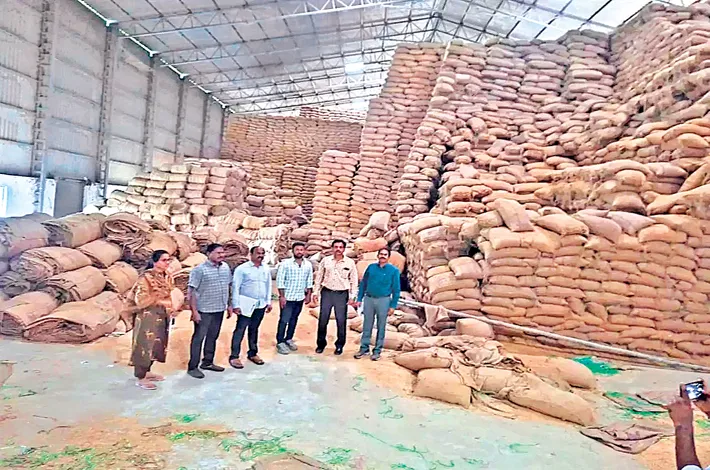India asked to act on WHO report as nurse shortage grows
14-05-2025 12:00:00 AM

The WHO State of the World’s Nursing 2025 report highlights several India-specific insights that demand urgent attention
■ India is one of the largest suppliers of nurses globally
■ WHO projections warn of 4.1 million shortfall by 2030
■ 33% of nurses globally under the age of 35
metro india news I hyderabad
The World Health Organization (WHO) has released its State of the World’s Nursing 2025 report, calling for urgent investments in nursing education, jobs, leadership, and service delivery. With India representing a major portion of the global nursing workforce, the findings hold critical relevance for national health policy, particularly amid mounting workforce gaps and healthcare access challenges.
The report underscores that despite India’s efforts to scale up nurse training and production, stark regional disparities and retention issues persist. India is one of the largest suppliers of nurses globally, but it also faces significant internal shortages, especially in rural and underserved areas. WHO projections warn of a worsening global nursing shortfall—estimated at 4.1 million by 2030—with disproportionate impacts expected in South-East Asia, including India.
The WHO State of the World’s Nursing 2025 report highlights several India-specific insights that demand urgent attention. Despite a relatively youthful workforce, with 33% of nurses globally under the age of 35, South Asian countries like India continue to face skill and deployment gaps—particularly in rural and underserved areas—due to limited clinical exposure.
India is also a major contributor to the international nursing workforce, raising concerns about the ongoing "brain drain" from lower- and middle-income countries to high-income nations. The WHO urges ethical recruitment practices and stronger domestic retention strategies to address this. While India is significantly expanding its network of nursing institutions compared to the past decade, persistent challenges such as faculty shortages, insufficient clinical training infrastructure, and a mismatch between educational qualifications and job roles continue to hinder progress. The report calls for urgent reforms, including the adoption of competency-based curricula, investment in leadership development, and measures to safeguard nurses' mental health, all of which are vital to ensure their well-being and the delivery of quality care.
Dr. Deepika Khakha, Nursing Advisor to the Ministry of Health and Family Welfare and a contributor to the WHO report, noted, "India must view this report as both a warning and an opportunity to reimagine nursing workforce strategies to achieve Universal Health Coverage." The WHO calls on member states, including India, to integrate the report’s policy directions into national workforce planning to meet Sustainable Development Goals (SDGs) by 2030.








